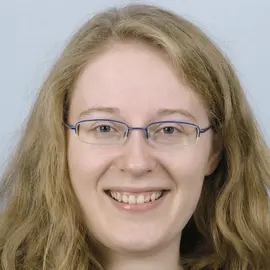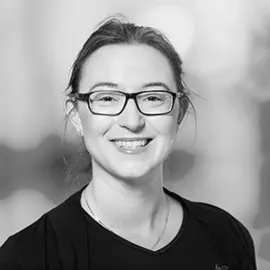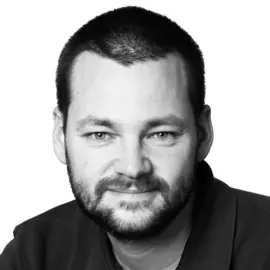Research Centre for Digital Labs & Production
The Research Centre for Digital Labs & Production connects people, spaces and processes in the life sciences. From mixed-reality digital twins via progressive web applications to machine-to-machine interfaces, we connect physical and digital worlds through data and analytics.
About us
The centre combines specific methodological and technological expertise in the digitization and virtualization of laboratories, processes and production facilities in the life sciences. This includes, on the one hand, the networking of devices, processes and people using interfaces, data pipelines and data management and, on the other hand, the mapping of physical systems and infrastructures to models and simulation environments. Digital twins are a good example of how these topics interact.
Three research groups are active in this field.
Simulation & Optimization
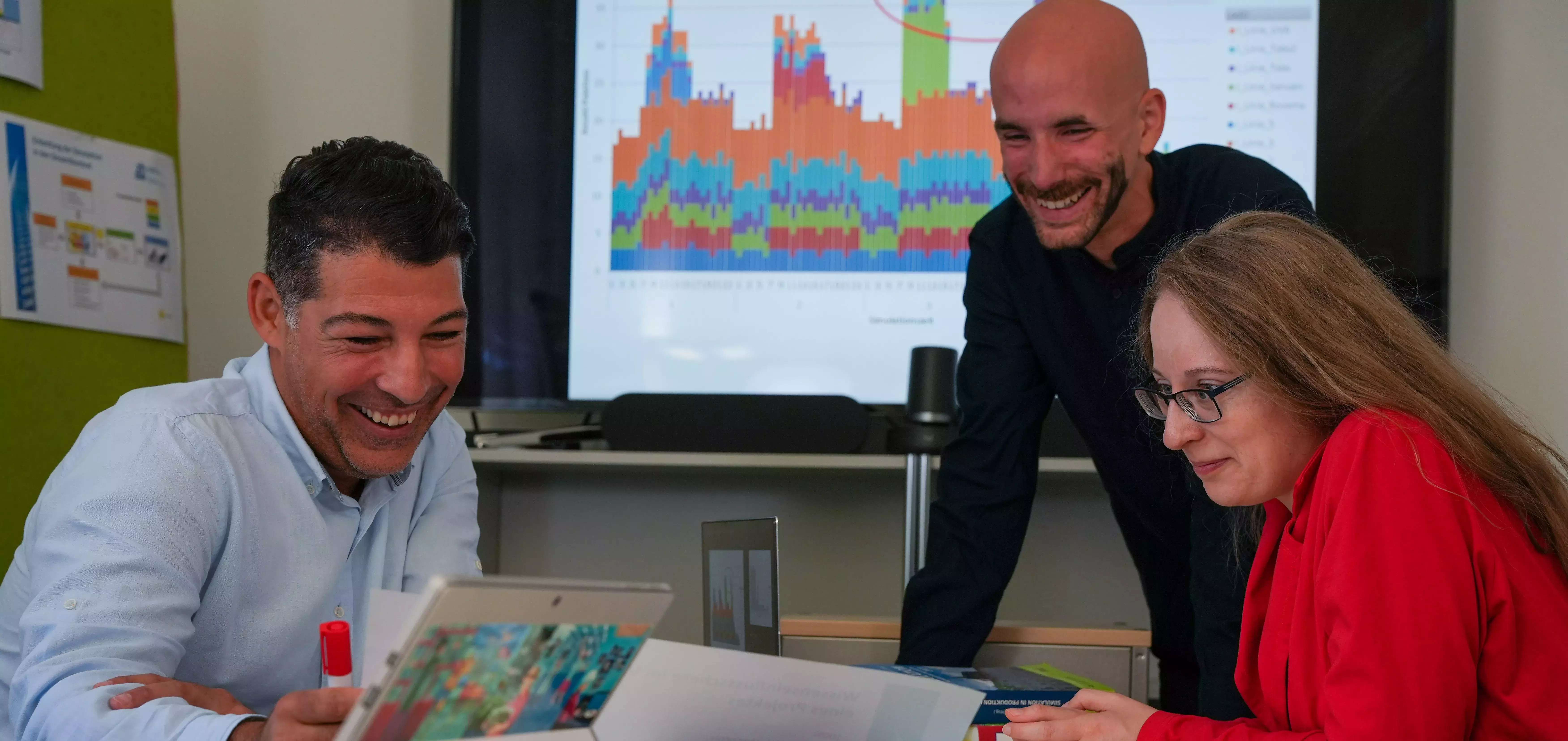
Strategic, tactical and operational process optimization using modelling and simulation tools are the focus of the research group. This includes the modelling and simulation of the dynamics of heterogeneous, complex systems as well as the investigation, optimization and control of their behaviour.
Group leader: Dr. Lukas Hollenstein | Learn more about the research group Simulation & Optimization
Data Management & Visualization

The research group specializes in the development of systems for data aggregation, transformation and management. Processing pipelines are designed and implemented to take data from their sources (e.g. graphic user interfaces, wearable sensors, measuring probes) through preparation steps (incl. quality control and homogenization) to storage solutions, analysis and visualization of results and insights.
Group leader: Dr. Robert Vorburger | Learn more about the research group Data Management & Visualization
Edge Computing & Interfaces
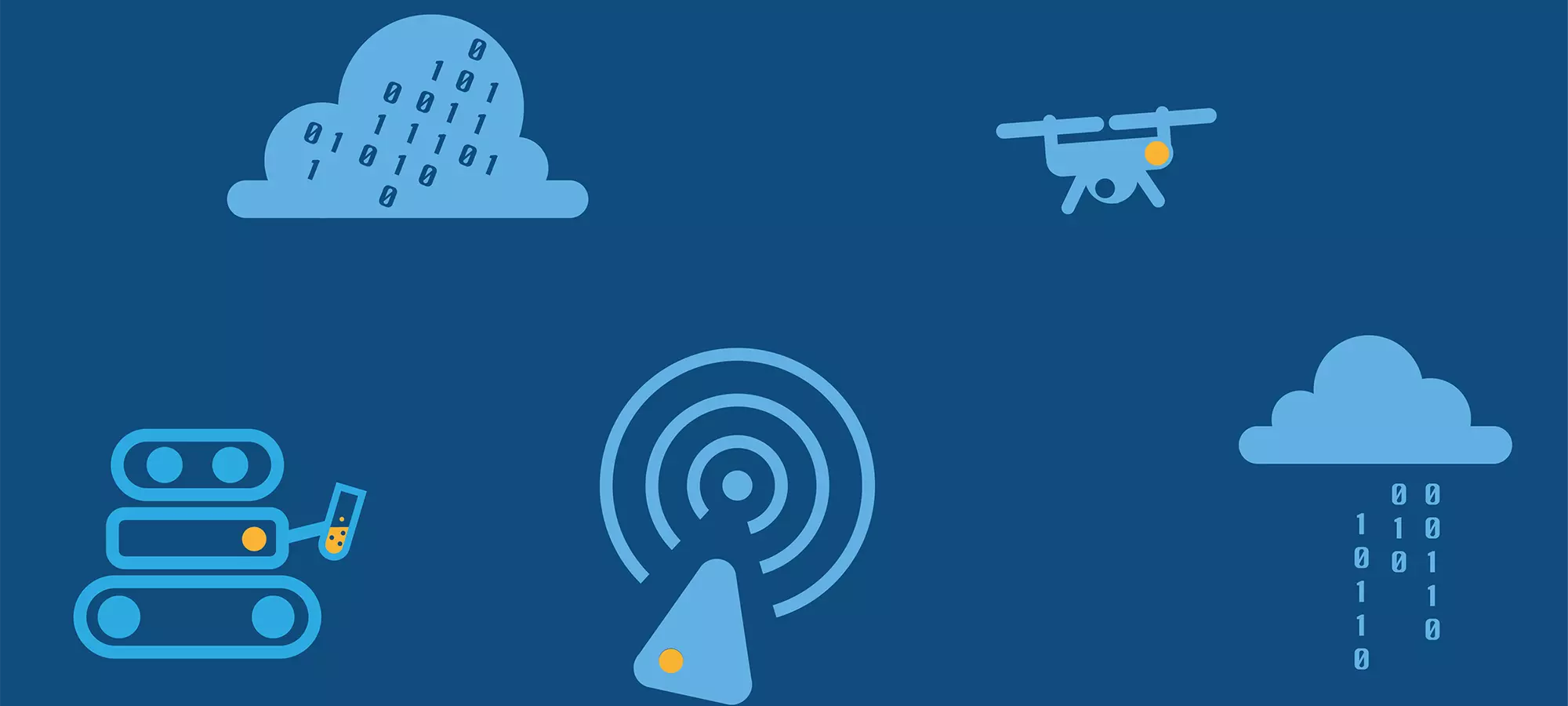
The research group combines dynamic physical structures with digital environments using sensor, actuators, and edge computing. The group supports automation and decentralized intelligent data processing in the life sciences by connecting people, machines, and contexts.
Group leader: Dr. Christian Glahn
Teaching Activites
The centre offers courses at BSc and MSc level in the fundamentals of data science, in mathematical and physical modelling (with a focus on simulation-based process optimization), in data management (with a focus on database technologies and visualization), and in physical computing (sensors and actuators) as well as cloud and edge computing.
The specialization Digital Labs & Production of the BSc ADLS is coordinated by this centre and corresponding Bachelor and Master theses are offered.
- Bachelor of Science (ZHAW) in Applied Computational Life Sciences
- Master of Science in Life Sciences - Specialisation Applied Computational Life Sciences
In addition, the centre is involved in programs and activities in the field of science education beyond the university level and offers continuing education courses.
Projects
-
Reinforcement Learning Analysis Framework
The aim of this project is to implement a framework that facilitates the development of RL solutions for real-world applications. This is necessary since the academic literature usually focuses on specific algorithms and approaches differ widely for different regions in the highly complex RL problem space. ...
-
Smart Hospital – Integrated Framework, Tools & Solutions (SHIFT)
-
Simulation-based comparison of an end-to-end and a platform configuration for injection molding line
The project partner received two layout proposals for a new production line and wanted to compare them in terms of their suitability and performance. In the injection molding process, failure of individual injection molding cavities can occur, which leads to systematic or random missing parts. The system's modules ...
-
PE(K)O Sustain – Physically modified oils as sustainable alternative to tropical fats for the baking and sweet goods industry
-
Designing Business Models for the IoT
This project aims at developing a business model simulation software for evaluating IoT business models. The holistic approach leverages advanced simulation methods and will create new revenue opportunities for Swiss manufacturing companies.
Publications
-
Rüegg, Ramona; Schmid, Tamara; Hollenstein, Lukas; Müller, Nadina,
2022.
Effect of particle characteristics and foaming parameters on resulting foam quality and stability.
LWT - Food Science and Technology.
167(113859).
Available from: https://doi.org/10.1016/j.lwt.2022.113859
-
Gerber, Nicole; Hollenstein, Lukas,
2022.
Wie die Digitalisierung den Food Service im Care Bereich erreicht.
Clinicum.
2022(4), pp. 79-80.
Available from: https://doi.org/10.21256/zhaw-25448
-
Vorburger, Robert; Hollenstein, Lukas,
2021.
Neue Verrechnungsmodelle für die Maschinenindustrie.
Transfer.
2021(2), pp. 5.
Available from: https://doi.org/10.21256/zhaw-23748
-
Gerber, Nicole; Hollenstein, Lukas; Krähenbühl, Andrea,
2021.
Was wäre wenn?! Unsichtbares sichtbar machen mit Simulationen im Verpflegungsprozess.
In:
FM Perspektiven: FM Innovationen in HC digital, Wädenswil, 26. November 2021.
-
Krähenbühl, Andrea; Gerber, Nicole; Höhener, Rebecca; Hollenstein, Lukas,
2021.
Simulationen von Verpflegungsprozessen : auf Knopfdruck zur richtigen Entscheidung.
fmpro service.
2021(4), pp. 22-24.
Available from: https://doi.org/10.21256/zhaw-23063







